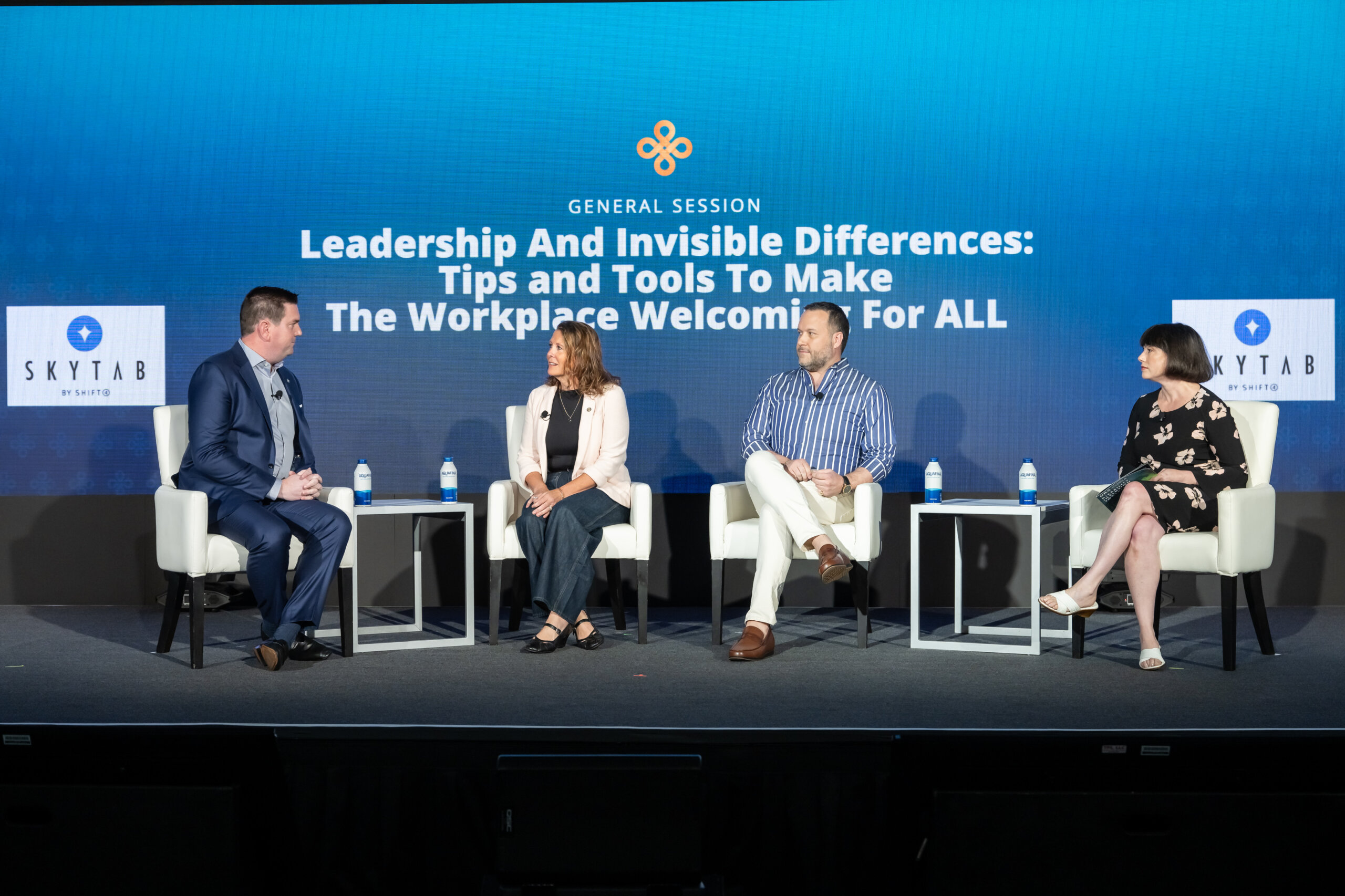By Nicole Ward, Data Journalist, Research & Innovation
The Dallas Regional Chamber (DRC) is committed to creating a more prosperous future for all people.
That’s why we launched our Disability Inclusion Toolkit in June and continue championing this work.

Starting conversations about disability inclusion
We started researching the disability community in 2023 and found that it is one of the most overlooked and undervalued groups of people globally.
According to the CDC, one in four people in the U.S. has a disability. Typically, when something impacts a large group of people, there’s a commensurate amount of attention given to it, but we found the opposite. Though there are some public and private examples of disability inclusion, an absence of conversation is the norm.
Disability inclusion is complicated; no one wants to say or do something wrong. Our goal with the DRC’s Disability Inclusion Toolkit and related blogs is to provide insights and resources to take some of the mystery and fear out of this topic.
Personal stories, common takeaways
I had the chance to bring the DRC to Florida in August when I joined two other panelists discussing the future of work and invisible differences at the Prosper Forum. We each articulated the experiences that shaped our points of view; I spoke about having a non-apparent disability.
“My deficits are like Swiss cheese,” I said onstage. “Through the years, the residual effects of my injury have appeared inconsistently and, sometimes, unpredictably.”
I shared how I constantly evaluate lighting, sound, and the activity around me against how it might impact my balance, cognition, and communication ability. No two situations are exactly alike.
Differences can take on many forms or not look like anything at all. Examples of differences spoken about included being part of the LGBTQ+ community, being married to someone of a different faith, and having children that reflect two or more cultures. These differences exist and persist, regardless of their visibility to others.
Disability inclusion in the workplace
Since launching the Disability Inclusion Toolkit, we have received positive feedback from organizations and individuals who tell us we’re on the right track and that there is a desire for more content.
While people with disabilities tend to be naturally creative and innovative, traits that organizations say they look for, we found that job opportunities come along less frequently and typically don’t pay as well.
But a 2023 Accenture study shows companies that prioritize disability inclusion typically see:
-
-
- 1.6 times more revenue;
- 2.6 times more net income;
- two times more profit.
-
That makes disability inclusion not just a nice thing to do – but a must-do for any organization that wants to stay competitive in the future. The DRC is here to help.
To learn more about the work our Diversity, Inclusion & Community Engagement team is doing about disability inclusion, visit our website.